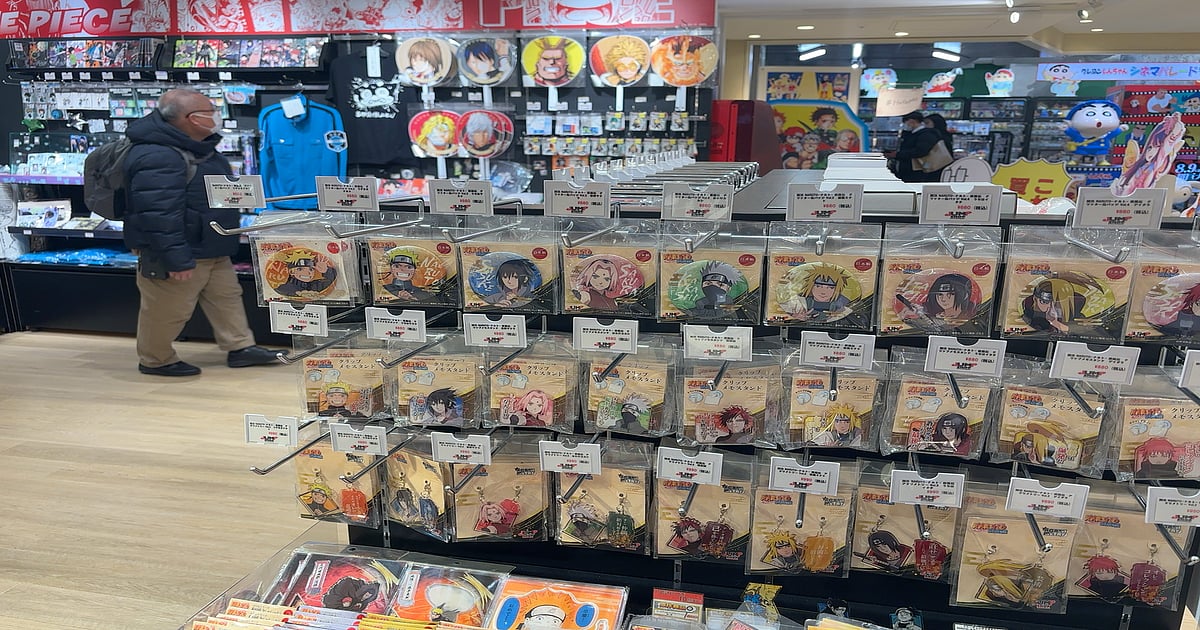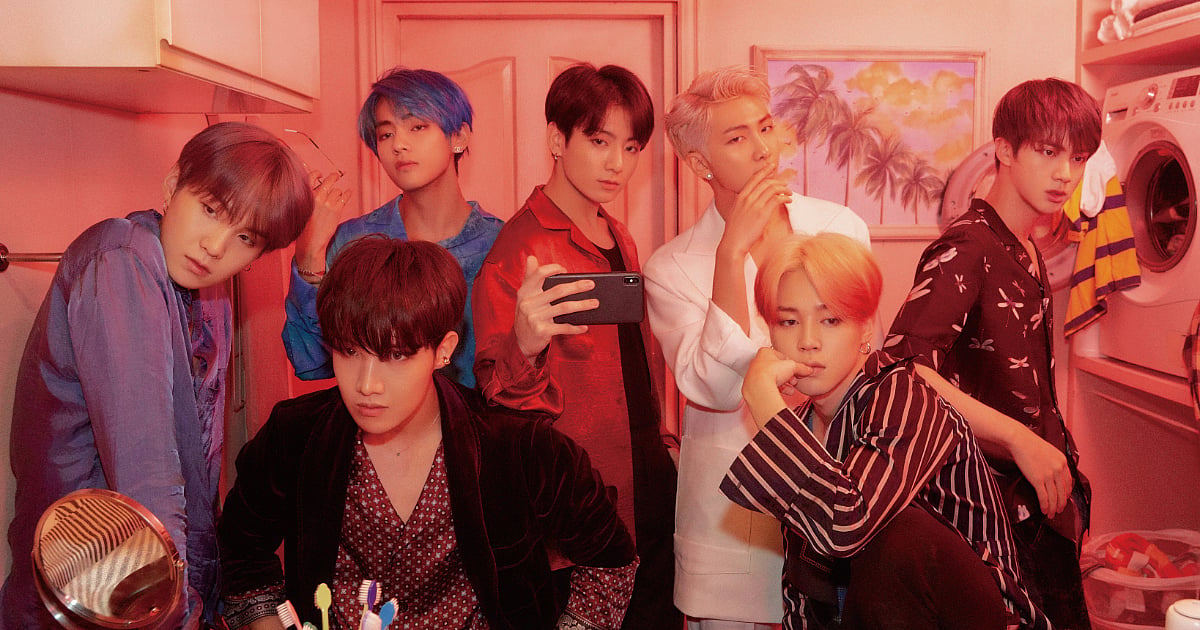
Global anime, manga merchandise often bypass original Japanese creators.
Japan’s Anime, Manga Struggle with Global Merch Market
Despite high global popularity of anime and manga, Japanese creators miss out on its lucrative international merchandising revenue.
- Japanese anime and manga are popular globally, yet merchandise sales are comparatively very low.
- Streaming platforms and licensing deals often shift control of merchandise away from original creators.
- Companies like Toho and MAG.NET are beginning to secure global rights, offering more revenue and control.
Anime and manga from Japan are reaching global audiences with the help of streaming platforms, thus propelling them to new heights. Despite rising international demand for various anime merchandise, creators receive little of the revenue, with the majority of the merchandise profits going to production committees and overseas license holders.
One Piece serves as an excellent example of this. Pop-up stores in San Francisco sold Luffy's straw hat-based merch but with the Netflix trademark. On the other hand, at a LEGO store in New York, Luffy is depicted as the Netflix live-action actor, instead of the original character design of manga and anime by Eiichiro Oda. This shows that at a global level, big players are showcasing only what they have invested in, rather than the initial source.
These kinds of licensing agreements are becoming increasingly popular. Global platforms, such as Netflix, among others, negotiate for merchandise rights apart from that of anime, live-action, or spin-offs. For many Japanese creators, this means giving up control over how their works are marketed outside of Japan, even if those things are highly profitable. This lack of control makes Japanese companies struggle to develop a worldwide brand strategy.
Japan’s Anime, Manga Merchandise Goes Global, But Creators Left Out
Parrot Analytics notes that Japanese anime generated a revenue of $5.5 billion in streaming and $14.3 billion in retail in the year 2023. However, many Japanese enterprises lack the necessary skills and equipment to plan and sell items on a global scale. As a result, they frequently lose merchandising rights to bigger players, thus missing out on a share of the boom.
Many IPs also remain inactive in the global merchandise market for the same reason. According to executives, partnerships with streaming services are frequently inactive, leaving creators without revenue and control over how their creative work appears around the world.
Nevertheless, there are glimpses of transformation, like Toho has secured merchandising rights for Spy × Family's film, apart from Crunchyroll, who held the TV rights till the second season. Other companies, such as MAG.NET, a June 2024 joint venture with Shogakukan and Marubeni, are actively focusing on the worldwide manga goods market. Beginning January 2026, MAG.NET will provide legally licensed products for Inuyasha, Ranma ½, Frieren: Beyond Journey's End, and Uzumaki in 280 BoxLunch stores in the United States.
The success of the stories may finally be shared by creators if more Japanese companies adopt these strategies. Such approaches might translate their international popularity into long-term revenue and creative autonomy.

Author
Diya Mukherjee is a Content Writer at Outlook Respawn with a postgraduate background in media. She has a passion for writing content and is enthusiastic about exploring cultures, literature, global affairs, and pop culture.
Related Articles







